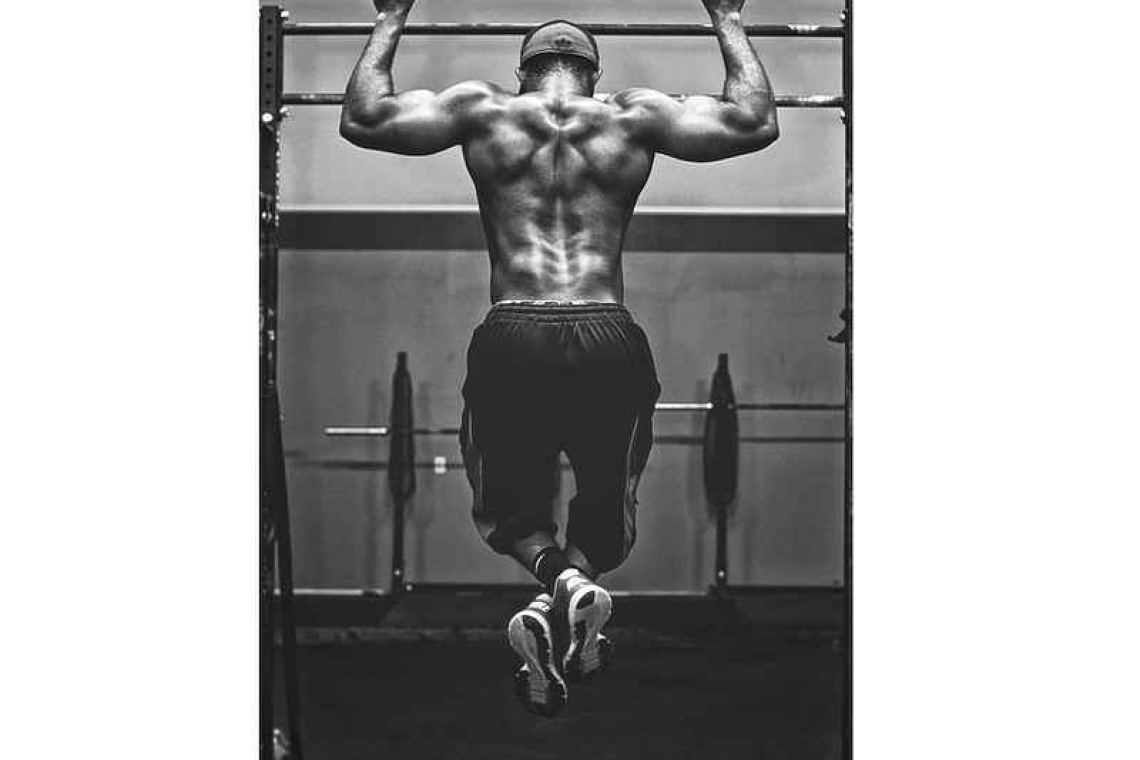By Dr. Colin Michie FRCPCH University of Central Lancashire
A family friend asked if it was a good idea for him to use testosterone. Should he join with his young gym friends who take regular injections to build their “swoll”?
We all like living in the moment. Changing life’s narratives might include adjusting our physical appearance. Physical training delivers improved muscle strength, stamina and muscle mass. Hormones augment muscle mass too, in particular steroids such as “andro” (androstenedione) and “T” or testosterone. Androstenedione breaks down in the body into testosterone and oestrogen. The temptations to take these hormone treatments has never been so high.
Testosterone is manufactured from cholesterol, mostly in the testicles and ovaries. Small amounts are made in the brain. Levels of testosterone vary between individuals and in certain situations. Exercise, stress or love-making increases testosterone levels in all of us. A young adult male makes 6-7mg of testosterone a day; these levels are about five to ten times higher than an average adult female.
This steroid hormone is anabolic – it helps a team of hormones to build muscles and bones. In adolescence, it supports height gain. Testosterone virilises too, stimulating genital development, skin and sweat changes, hair growth on the face and body, changes in the larynx and voice.
These features develop in a sequence during puberty; they change brain functions too, including our attitudes to sex. Testosterone influences mood and energy levels more broadly; it helps create neural networks throughout life. Testosterone-producing cells are controlled themselves by the brain and pituitary gland.
With age, testosterone levels fall in everyone. In some, this is associated with a loss of muscle mass and stamina, weaker bones, a loss of libido, regular sleep and some cognitive skills. For centuries, middle-aged men have quested for an elixir of youth, a rejuvenator for this “male menopause”.
So many have described “magical” foods, balms, therapies aphrodisiacs and rituals have proved unsuccessful and shrouded in misinformation. Injecting testicular extracts from goats, dogs or guinea-pigs became one such trend over a century ago. This was followed by the transplantation of testicular tissues from monkeys, or other primates, into the human scrotum. “Gland” therapies persisted in the UK until the National Health Service was formed.
Men on crutches, old, decrepit
As a nineteen-thirteen Ford.
See how jauntily they step it
Since their glands have been restored.
––Newman Levy (in the 1920’s) from “Glands”
Various “monkey gland” treatments became popular among Scottish footballers, although most actually derived from cattle. Some English teams, such as the Wolves from Wolverhampton, were famously injected with testicular preparations, as directed by their coach, in the 1930s. These probably contained little testosterone, but the placebo effect and the knowledge that the opposition lacked such benefits may have helped some move up their leagues! Current use of “andro” or T is banned by global anti-doping authorities for many reasons – they both cause significant side effects.
Since its isolation and naming in the 1930s, testosterone has been developed as safe medication in some situations. The most common prescription is for men with very low testosterone levels, or hypogonadism. This may be the result of age, or related to cytotoxic or cancer treatments.
In rare situations, such as delayed puberty or short stature, this hormone can restore a life back to normal. Testosterone is routinely used to support transgender women develop secondary sex characteristics. For those suffering with bone marrow failure, severe wasting, burns or some types of breast cancer, testosterone improves recovery. Testosterone treatments work as an effective male contraceptive, shutting down the production of sperm.
In some countries, testosterone is used more widely: the medical evidence for other applications is weak. Testosterone treatments in the young shrink their testes. A young athlete in a gym injecting artificial testosterone can develop testicular failure, requiring lifelong supplements. Testosterone can cause acne, breast enlargement and some balding. It makes the blood thicker and can cause unhealthy changes to circulating lipids and the blood pressure. It should be used with caution if there are any other problems with the prostate gland or liver.
I recommended that my friend avoid testosterone in the gym, but keep up his physical training. Regular exercise for middle-aged men specifically has been demonstrated to be more effective than testosterone supplements!
Testosterone regulates so much of our humanity – our growth, differences, creativity, emotions and intimate endocrinologies. It controls the mysteries of our genders, our well-being, our ability to regrow nerve tissues in the brain. If a system of hormonal supports can safely assist our elderly to remain independent, mobile and cheerful, it needs to be pursued with passion. Careful personally tailored uses for testosterone remain a hope for the future.
Useful resources:
https://www.nhs.uk/conditions/male-menopause/
Dr. Colin Michie is currently the Associate Dean for Research and Knowledge Exchange at the School of Medicine in the University of Central Lancashire. He specializes in paediatrics, nutrition, and immunology. Michie has worked in the UK, Southern Africa and Ghaza as a paediatrician and educator and was the associate Academic Dean for the American University of the Caribbean Medical School in Sint Maarten a few years ago.







